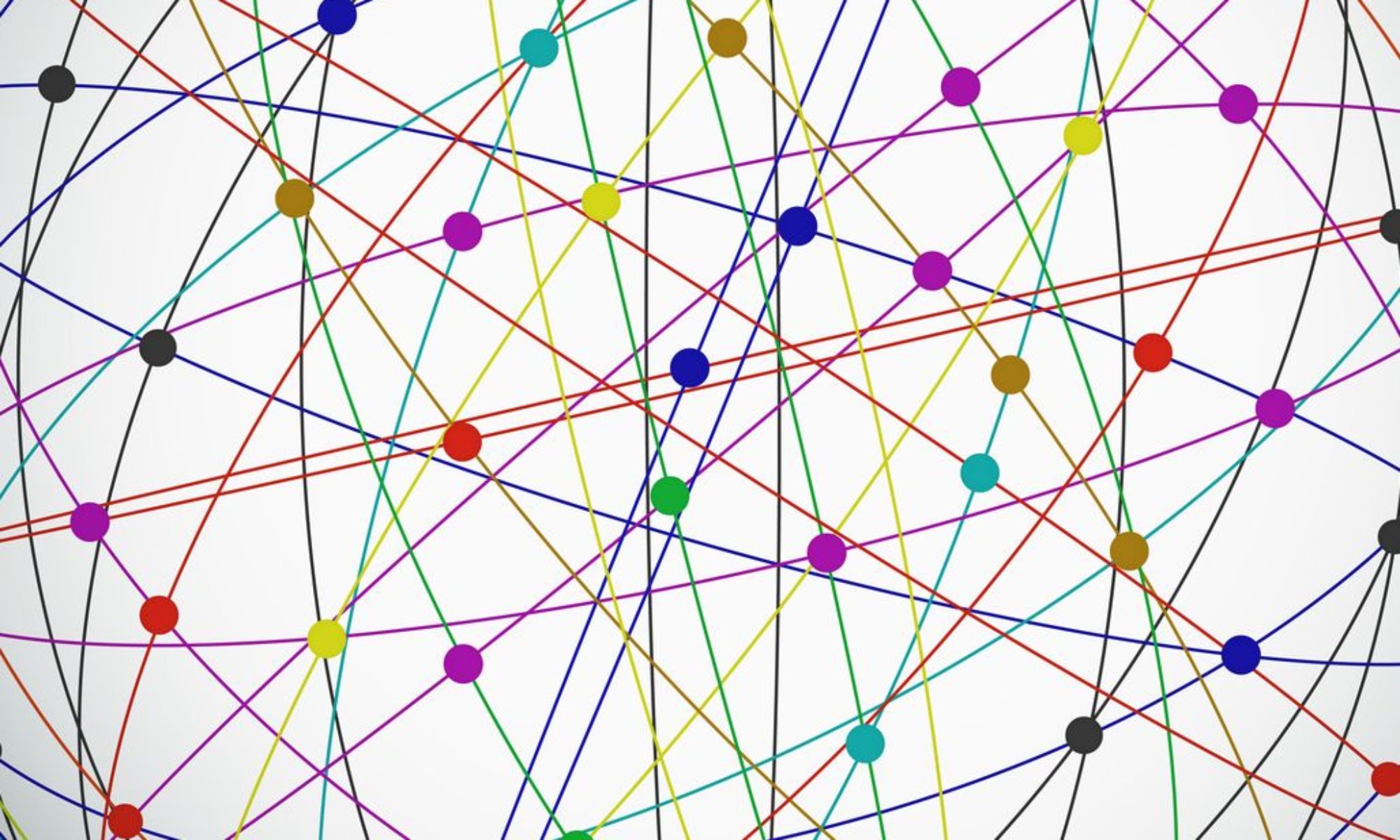First published, 2/17/2014
One thing you learn when you study systems thinking, is that often our solutions cause MORE of the problem we are trying to solve; this is otherwise known as ‘unintended consequences’!
Currently we are operating with the belief that making rules will help us live together in peace and harmony. Yet most of us have experienced how WRONG this thinking is.
When we make rules we create the situation where there is ‘wrong and right’. Rules create an ‘us-vs.-them’ mentality and tend to bring out the worst in people and not the best. What we yearn for is to experience; trust, compassion and forgiveness in community. Rules begin from a lack of trust and demand judgment.
For example, many of us have lived in a community with an HOA (Home Owner Association) with a set of ‘rules’ that were intended to help create a community of peace and harmony. Recently I was talking about my work with a possible new community development group and one of the builders was telling me about his past HOA experience. He wrote, “I used to get “love letters” from my HOA all the time such as; “We noticed your pine island is bigger. Please submit a pine island improvement plan.” and “Please submit a garbage receptacle storage plan”.”
Our current thinking is that people need to be controlled or they will act out. What if we realized that people act out because they are being controlled? Our current rule-based system (I have also called this the Expert Model) actually brings out the worst in people and not the best. We erroneously believe that people are: rude, unfair, mean, controlling, and judgmental. If we designed a different system without rules and had conversations about the context of our community we might find out the TRUTH! That people want to give and receive compassion, forgiveness and acceptance.
In my work I talk about how we can learn to ‘hold things loosely’. This is an example of what I mean. The truth is that we can create a context where communities operate with a positive set of assumptions of our choosing instead of a list of rules. We can ‘hold things loosely’ and at the center of all we do we can decide to value: compassion, listening, relationship, trust and individuality. We can institute communication methods so that our community can be flexible, and adaptive. When we stop making the rules that we think will create authentic community – we might actually be free to have authentic community!
Just another systems thinking paradox to ponder!
